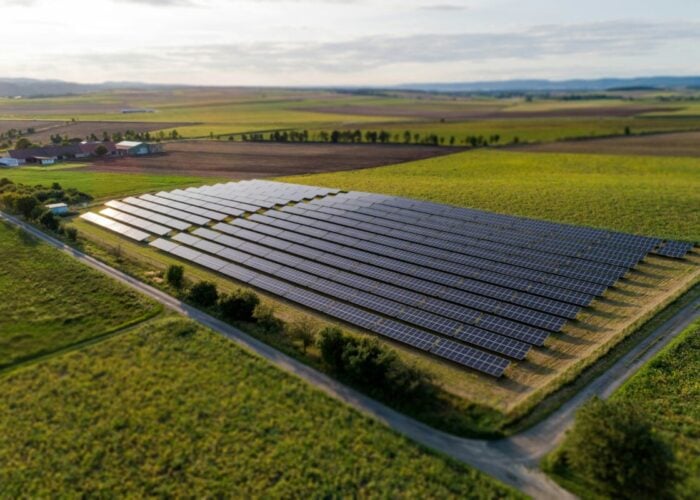In line with our speculation at the very beginning of the month, the new German government is likely to cut solar subsidies – but not by a concerning amount. Reuters’ coalition source has given an inside take on what the plans for solar policies in Germany are expected to be, banishing all conjecture on the axing of the Renewable Energy Act.
Germany’s conservatives and their Free Democrat allies are tipped to reform the Renewable Energy Act (EEG) but cuts for solar power rates will be modest to prevent harming the fast-growing industry.
Try Premium for just $1
- Full premium access for the first month at only $1
- Converts to an annual rate after 30 days unless cancelled
- Cancel anytime during the trial period
Premium Benefits
- Expert industry analysis and interviews
- Digital access to PV Tech Power journal
- Exclusive event discounts
Or get the full Premium subscription right away
Or continue reading this article for free
“We’re not going to take an axe to the EEG and we obviously won’t agree to any changes that would damage such an important sector,” the source told Reuters. “Any cut in feed-in tariffs will be modest — not anywhere near as high (as) some are suggesting.”
The FDP and the CDU business wing want reforms to the EEG, talking of cutting state-mandated FiTs, for which utilities pay for CO2-free energy, by some 30%. This has hit share prices of German solar companies including Q-Cells, Solarworld, and Conergy.
However, the coalition source said any cut agreed is more likely to be half that amount – estimated to be somewhere in the region of 15%.
The FDP is at present fighting for beneficial cuts to the policy that stipulates that power consumers subsidize green energy through higher electricity bills. The current EEG adds about 3% to monthly power bills, or a total of €9 billion per year.
Previously, CDU leaders in states with solar PV industries such as Saxony, Thuringia, Saxony-Anhalt, Bavaria and Baden-Wuerttemberg have blocked steeper cuts during past reforms. The Reuters source said those states were again aligned against any drastic cuts.
“Germany is a world leader in photovoltaic and you can’t go out and destroy that industry,” the coalition source said. “We’re not going to allow anyone to run roughshod. There’s scope for a correction and we’ll agree to explore a modest reduction.”
“It’s not only big companies but many smaller installation and electric companies that depend on the solar industry,” he said. “It’s essential that lawmakers remain a reliable partner.”
The source could not confirm anything for certain, yet he did allude to the fact that CDU leaders were not likely to agree to any demand for a 30% cut, but were far more likely to reduce the FiT by the more modest 15%.
The drop in the FiT rate has been falling by roughly 8% per year and is scheduled to drop by 9% in 2010 to €0.39/kWh.
Regardless of any of this subsidy decision-making, returns on investment have nevertheless soared in recent years as costs for PV systems have declined at a much steeper rate.






